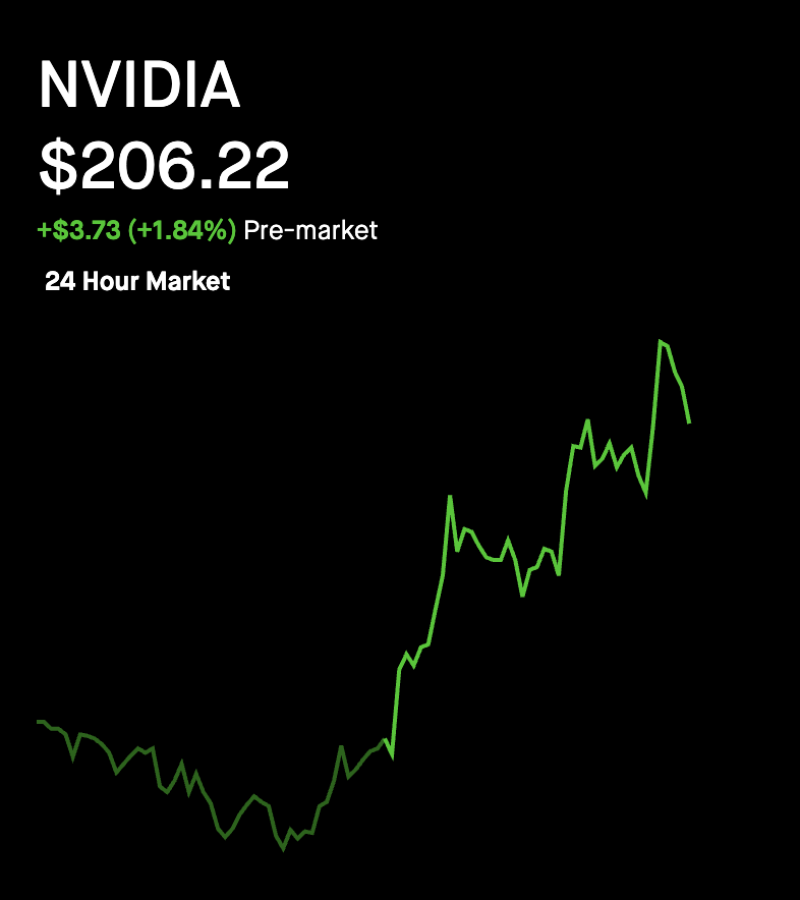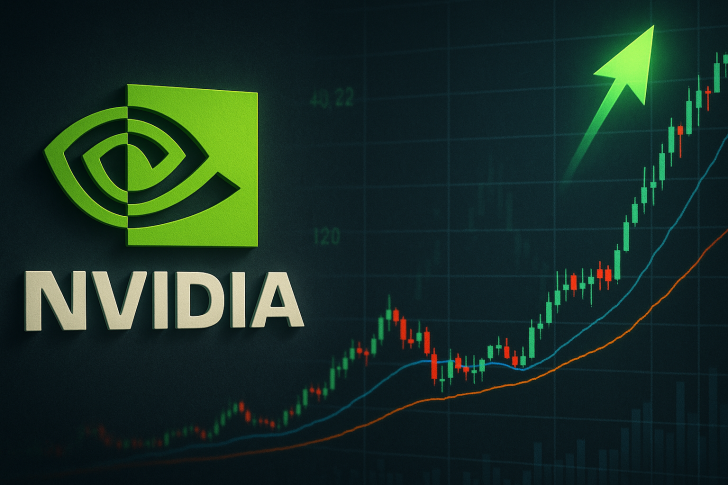In a groundbreaking policy shift, the United States has given Microsoft the green light to ship Nvidia's cutting-edge AI processors to the UAE—something that's never been allowed before. For over a year, Washington kept its most powerful chips locked down, blocking exports to China and parts of the Middle East over national security concerns.
Why This Matters
But this decision, which The Kobeissi Letter broke on social media, suggests the Biden administration is taking a more selective approach: strengthening ties with trusted allies while keeping advanced AI tech out of rival hands.

This approval is a big deal for three key players:
- Microsoft can now expand its Azure AI cloud infrastructure across the Middle East, powering everything from enterprise apps to national digital transformation projects
- Nvidia gets validation of its dominance in the AI chip market and access to a lucrative new region during the global AI boom
- The UAE gains the hardware firepower to accelerate its AI ambitions—from training large language models to building smart cities—and cements its position as a rising tech hub in the Gulf
The timing is no accident. The UAE has been positioning itself as a major AI player through initiatives like its National AI Strategy 2031, and now it has the chips to back it up. Organizations like G42 and Mohamed bin Zayed University of Artificial Intelligence can finally tap into Nvidia's latest GPUs to scale their research and development.
The Bigger Picture
This isn't just about hardware—it's about geopolitical influence. By approving the shipment, Washington is making sure the UAE's next-gen AI infrastructure runs on American chips, not Chinese ones. It's a strategic play that keeps advanced tech within Western-aligned ecosystems while managing China's reach in the region.
Nvidia's stock jumped more than 2% on the news, reflecting investor optimism about international sales. Analysts think this could be the start of a more targeted export policy—where chips stay banned for adversaries but flow to strategic partners.
This approval is more than a trade deal—it's a turning point in AI hardware diplomacy. Washington is selectively opening doors for allies while keeping rivals locked out, and that's reshaping the global AI power race. For Microsoft and Nvidia, it's a massive opportunity. For the UAE, it's a leap toward becoming a regional AI powerhouse. And for everyone watching, it's a clear signal: control over AI chips is the new currency of global influence.
 Artem Voloskovets
Artem Voloskovets

 Artem Voloskovets
Artem Voloskovets


